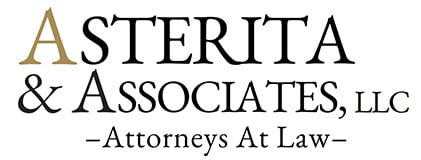These days, nobody is immune from money problems, and that may include your landlord. You wouldn’t be the first tenant to find out that they’re renting a property that’s now in foreclosure.
So, what does that mean for you? Here’s what you need to know:
-
You don’t need to panic when you get the notice
The bank is required to send a notice to the tenants of a property in foreclosure, not just the property’s owner.
Don’t panic. You’re not personally being sued, you don’t actually need to appear in court, and you don’t need to move out immediately. The notice is actually designed to help preserve your rights and allow you to plan your response to the situation.
-
Do not stop paying your rent.
You cannot be evicted because of the foreclosure as long as you continue to pay your rent and abide by the other terms of your lease. Pay the landlord as normal, unless the court appoints a receiver to oversee the payments.
If that happens, make sure you find out where to submit your rent, and make certain that you keep proof of each month’s payment.
-
Understand who is responsible for upkeep.
Foreclosure is a lengthy process. Until (and if) a receiver is appointed, your landlord continues to be responsible for upkeep and repairs. If a receiver is put in place, that’s who becomes responsible for filling your landlord’s shoes.
Once the foreclosure is complete, the bank needs to step up. Eventually, the property will likely be sold to a new owner, at which point that person or entity becomes your new landlord.
-
You probably still don’t have to move.
Once the new owner takes possession of the property, they may only evict the tenants of one unit – and only if they intend to occupy the unit themselves. If that happens, you must be given at least 90 days notice to vacate.
If you have a rent-controlled unit or Section 8 housing, the only thing likely to change is the name on the rent checks you write each month. If you’re in a non-regulated unit, you have a minimum of 90 days after receiving notice to vacate or the end of your lease to move out, whichever is longer.
If you’re uncertain about your rights or are being bullied by a landlord or bank, find out more about your legal options.

